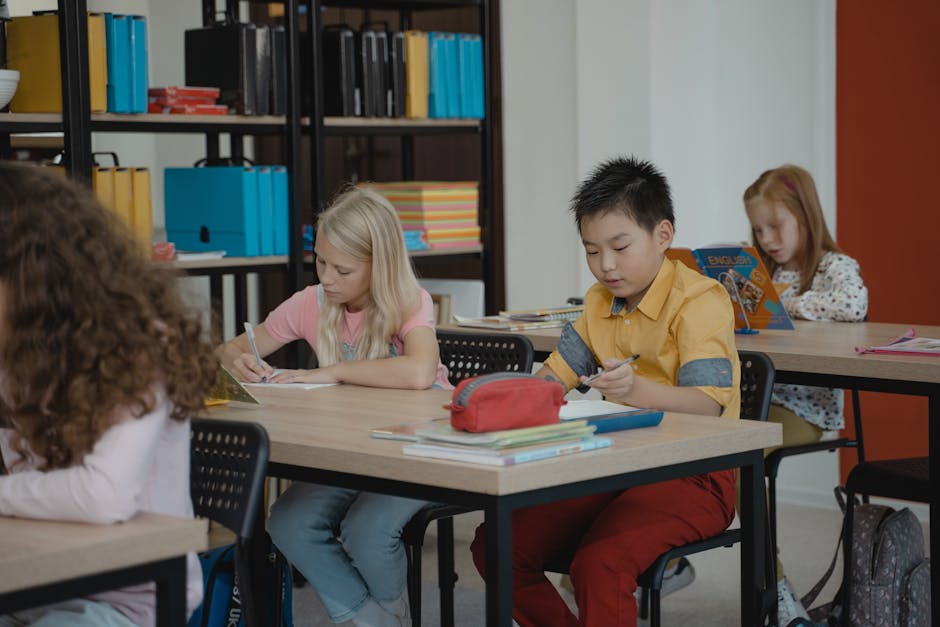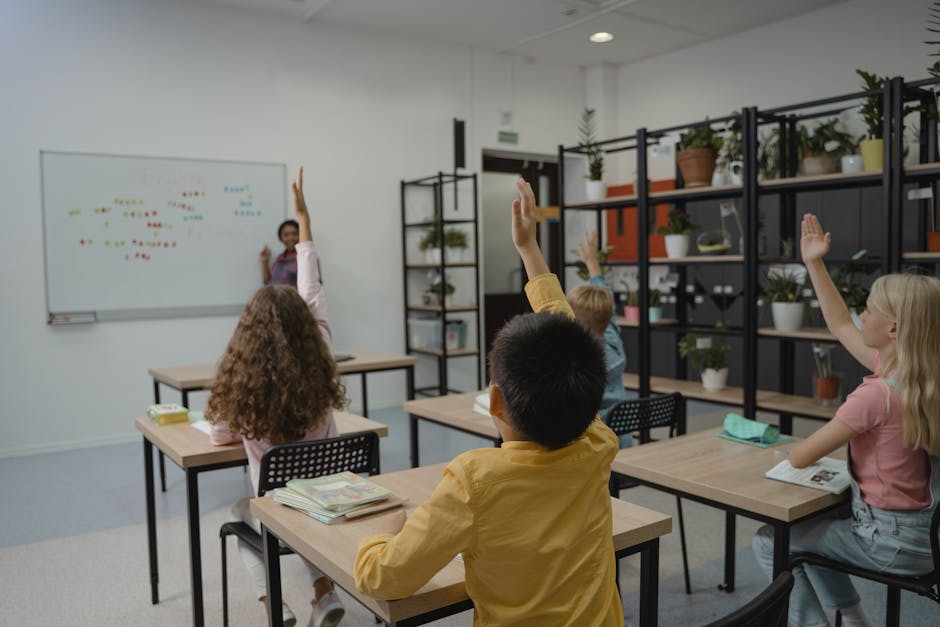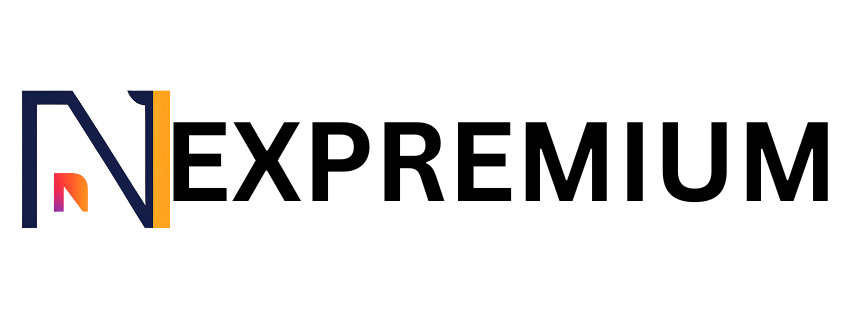A Guide To The System Of Education
Education is not simply something that happens passively for an individual. It is a process that involves someone doing something (usually teaching) with another person (almost always a student). There are many different types of educators-from professors at universities to classroom teachers to school principals to program directors at nonprofit organizations.

Definition of education

What is education? That is one of the most fundamental questions in the field of educational psychology. Educators often refer to it as “What people learn” or even just “learning,” but none of these really do it justice.
Education is not simply something that happens passively for an individual. It is a process that involves someone doing something (usually teaching) with another person (almost always a student). There are many different types of educators-from professors at universities to classroom teachers to school principals to program directors at nonprofit organizations.
All educators work towards helping students develop knowledge and skills through the learning process. This includes educating them about a specific topic, developing their self-confidence, and motivating them to study hard. Some students may need additional help mastering other things like time management, stress coping strategies, and socialization. All too frequently, though, they find themselves without appropriate guidance from professionals in the field.
That’s why there is a system of education! Systems usually exist to make sure everything goes well for people working together to achieve a common goal. For example, when you go into business together, you typically agree on what goods or services each party will provide and how much money each will get paid.
This way no one is left out, and everyone knows exactly their job. The same thing applies to systems of education!
We have a system of education here at LiquidTag because we know that every member of our team plays
History of education

The term ‘education’ comes from the Latin word educare, which means to teach or inspire reverence for learning. It is assumed that this reference was given to those who were taught, not just in school but also outside of formal settings such as universities.
Prior to the Renaissance (1400-1600), schooling mostly involved teaching reading, writing, and sometimes arithmetic using the Greek and Roman classics. These students would be trained to become literate, and able to read books written in their language.
During the Middle Ages (400–1500), most people lived and worked within close proximity of each other, making it difficult to send children to different schools with diverse curriculums. This limited what they could learn about beyond local area kids.
In the early modern era up until now, educating someone was seen as an individual process depending on how well educated their parents were, and how much money they had to invest in educational resources like textbooks and teachers.
The modern system we have today was not established until the 19th century when state funded public education was first implemented in England. Since then, education has been increasingly accessible and affordable, allowing anyone to pursue higher learning at any level.
These days, everyone can go on to do anything from getting a bachelor’s degree to becoming a doctor or professor. There are even programs designed to get you your own TV show!
History of education frameworks An educational framework is a structure
Important figures in education

There are many people who have made an important contribution to the field of education, including educators, politicians, and philanthropists. Some built upon or influenced the work of others, while others shaped the way we think about educating children.
A few individuals stand out as having had a lasting influence beyond just their specific area of expertise, such as Plato for his Philosophy of Ethics or John Dewey for his focus on educational psychology.
This list includes only those that self-identify as teachers, but not students (though some may feel they deserve a place here). These men and women have left their mark on our world by creating new ways to educate and inspire young people.
General guidance: When reading over these contributions make sure to give credit where it is due and try to understand how each person helped promote social justice, equality, and overall quality of life for all.
Education and the economy

The more educated our population is, the better off we will be as a country economically. We spend billions each year educating people and the cost of education has steadily increased in recent years.
Education is one of the most important things an individual can invest in their life. It not only helps you get a job, but it also gives you a sense of self-worth that cannot be matched. Educated individuals are seen as valuable assets to this society and to business.
We all know at least one person who does not graduate high school. This includes parents! Almost half of all adults have either no diploma or only a general education degree such as a bachelor’s.
This isn’t good if you want to earn enough money to satisfy your needs like eating food every day and paying bills. There is a reason why there is a growing income inequality crisis happening across America. People with less education are struggling to make ends meet while those with more education enjoy a higher standard of living.
It is time for us to rethink how we educate our youth. Not only should students learn about other subjects beyond just math and reading, but they need to understand the importance of staying in school and earning diplomas. Businesses are investing more in educational programs because they are proven to work.
There was a time when employers didn’t even care what college you went to if you could do the job. These days, that doesn’t seem
What is great about the system?

The main thing that people often get wrong about public education is how much power it gives students. Power in terms of self-determination, autonomy, and leadership. Kids in our current educational system are constantly monitoring and correcting their peers’ behavior, teaching others new skills, and organizing events for other teachers or administrators.
This happens every day at school!
Public schools give students these same opportunities but they go far beyond what most people realize.
These lessons can be even more powerful when applied outside of the classroom. In fact, many successful professionals were trained as educators and put into use those techniques during their careers.
Think about it – the person who taught you how to read placed significant importance on literacy, right? They made reading fun and interesting by creating literate and discourse-engaging environments.
They designed settings and experiences where readers would want to come together and participate in literature. That’s why we have so many stories around us; everyone needs them to feel better or to learn something new.
That’s exactly what professional readers do – they bring out the best in people by encouraging engagement with rich content. We all need that boost of confidence, motivation, or knowledge once in a while.
We should be training ourselves to look for ways to provide those things to other people, not just for individuals but for groups and communities as well. An educated individual is one who has mastered his or her field of study and can apply that knowledge
What could be improved?

The education system we have now is not going to work for every student. It was designed over 150 years ago, during an era when most people were educated through traveling evangelists who spread their faith.
Education back then was very church-focused, with courses that focused only on spreading the Gospel. Because these students learned about Jesus from someone they considered important, they left school understanding at least some parts of Christianity.
However, this form of education doesn’t always work in the 21st century. With technology moving faster than ever before, it is hard to find students who are willing to sit down and focus on just one thing for an hour several times per week.
Most college graduates can’t remember much more than what they learned in those gospel training classes as kids, making them incapable of helping others understand the basics of religion!
This situation is harmful because anyone looking to improve their spiritual life will get nowhere if they don’t know how to identify true Godhood and spirituality. People will also be unable to recognize false beliefs which may come attached to so-called religions.
There is already too much intolerance in our world, and having to study topics like evolution or gender equality alongside theology makes many students feel uncomfortable. This creates negative impressions that influence self-perception and perception of other people.
Education is important for

Being educated about education makes sense because school is an educational system!
The term ‘system’ refers to how something works or comes together. So when you educate yourself about education, you are learning more about its underlying structure and components.
This helps you understand why educating others is such a powerful tool in the field of education. After all, if you know what makes up this system, then you can work on improving it or changing it for the better.
You could also use these insights to create your own system, or implement one that exists already. That would be very impressive!
Here we will talk about some parts of the education system and what students should learn about them. Then, we will review some concepts related to these topics. This way you get some context for each part.
Education is important for

As we know, education is an essential part of our lives that has lasting effects. It shapes who you are as a person, what you believe in, and what career paths you take later in life.
Educational institutions look different from country to country, but they all have one thing in common — they are focused on helping you learn.
Most people agree that education should be accessible to everyone, which is why most countries have at least some kind of system in place to help make this happen.
These systems can include free or subsidized tuition, living expenses like rent, food, transportation, and health insurance. They may also cover tutors, books, and other needed materials.
Some systems go even further by offering job preparation classes, skills training, and/or credit cards with special perks for students. These additional benefits can include grocery vouchers, movie passes, or money back if you find something else you need instead.
There is no wrong way to choose your educational path, but it is important to do research and see how well these services work for you. You want to be sure you’re getting the best value while still meeting your needs.
Education is important for your mental health
How we educate our children has a major impact on their future lives, both socially and economically. The system of education that exists today was largely created during the Industrial Revolution when society needed workers who were trained in specific skills.
Education focused heavily on teaching students how to read, write, and do math because these are essential life skills. It also taught about geography, history, and civics, which are all important knowledge bases.
Today though, educational opportunities have expanded beyond what they were generations ago. Technology has made it possible to teach virtually any skill or subject matter, from computer programming to yoga.
This is why some experts refer to the “glorification” of education. Many see education as something that should be enjoyed instead of just endured.
Many believe that too much stress can actually harm you physically and mentally, so spending time educating yourself or others is an excellent way to reduce depressive symptoms.
What's Your Reaction?




































